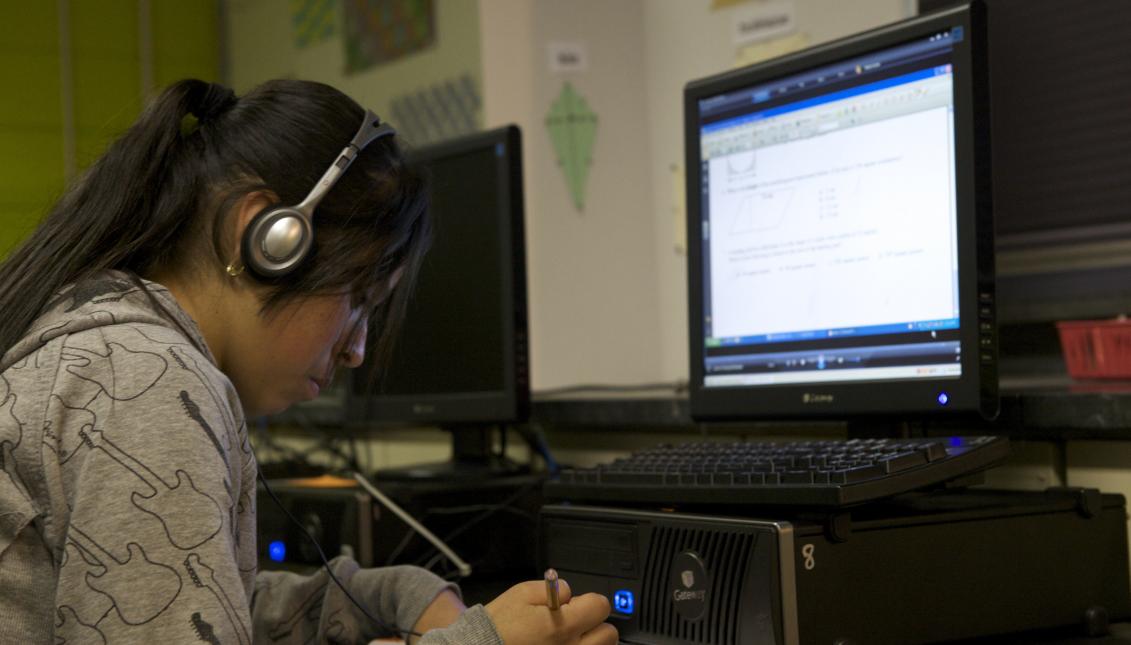
Report: The current state of Latino education
Excelencia in Education has unveiled the 2015 Factbook, which provides information about current Latino student educational achievement and establishes a…
Excelencia in Education, a non-profit organization created to accelerate Latino student success, has unveiled the 2015 factbook. An outlook on the current state of education for Latinos across the country that aims to establish a baseline from which to measure performance over time.
With more than 20 individual fact sheets, the 2015 factbook profiles the state of education across the pipeline including higher education, STEM fields and the workforce.
According to the report, in 2011 Latinos represented 24 percent of public school enrollment and are projected to represent 30 percent by 2023.
“Every educational experience from early childhood to high school and into the workforce influences the potential for success,” said Sarita Brown, president of Excelencia in Education. “For this reason, this publication looks critically at the entire educational pipeline.”
Other findings include that in 2012 the majority of recent Latino high school graduates, 70 percent, enrolled in college, compared to their white (66%) and African American peers (56%). That same year 46 percent of Latinos were more likely to enroll in community colleges, compared to African Americans (34%), Asians (32%), and whites (31%).
Another highlight is that Latinos participate in the workforce at a higher rate than any other racial or ethnic group and the number of Latinos earning an associate degree or higher increased 71 percent between 2004 and 2013.
Base in Washington D.C., the organization is working within institutions and organizations within sectors to provide assistance and compel action by creating a supportive community of action-oriented advocates.
“One of Excelencia in Education’s strategies to compel action to increase Latino student success is to provide timely information about the condition of the fast growing and young Latino population in education,” said Deborah Santiago, chief operating officer and vice president for policy at Excelencia in Education.
To read the full report visit Excelencia in Education.










LEAVE A COMMENT:
Join the discussion! Leave a comment.